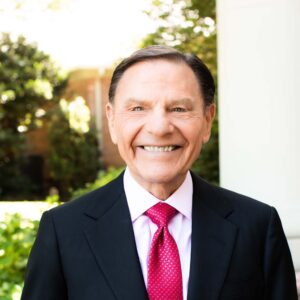In the world of professional tennis, where confidence and mental fortitude are as critical as physical prowess, few players embody the competitive spirit as fully as Jimmy Connors. The American tennis legend, known for his fiery personality and relentless approach to the game, recently made headlines by dismissing Novak Djokovic’s claims of having “modest expectations” for his participation in the US Open.
Djokovic, widely regarded as one of the greatest tennis players of all time, has dominated the sport for over a decade. With 23 Grand Slam titles under his belt, his name is etched into the history books alongside other tennis icons like Roger Federer and Rafael Nadal. Yet, despite his remarkable achievements, Djokovic entered the 2024 US Open with a surprisingly low-key attitude, stating that his expectations were modest, given his age and the toll of an intense season.
For many fans, Djokovic’s comments seemed like a strategic move—downplaying his chances to reduce pressure or perhaps to mentally reset after a challenging year. However, for Jimmy Connors, this approach didn’t sit well. Connors, who won eight Grand Slam singles titles during his career and remains one of the most celebrated figures in tennis history, expressed strong disapproval of Djokovic’s mindset.
“Modest expectations? I never understood that,” Connors said in a recent interview. “When you’re a champion, especially of Djokovic’s caliber, you don’t enter a tournament thinking you might lose. You step onto that court believing you’re going to win. Anything less is a disservice to the sport and to yourself.”
Connors’ critique taps into his well-known philosophy that a true champion must always believe in their ability to win, no matter the circumstances. This mindset drove Connors throughout his career, making him one of the most formidable competitors on the tour. His record of 109 career singles titles remains unbeaten, and his passion for the game, even in the face of adversity, is legendary.
For Connors, Djokovic’s comments suggest a mindset that is not aligned with that of a champion. “Djokovic has been at the top of the game for years. He knows what it takes to win. You can’t suddenly start having modest expectations because you’re older or because the season’s been tough. That’s not how champions think,” Connors added.
While Djokovic’s approach may seem unusual, it is worth noting that the landscape of professional tennis has changed significantly since Connors’ time. Today, players face grueling schedules, increased physical demands, and the constant scrutiny of a 24/7 media cycle. The pressure to perform is immense, and maintaining a mental edge is crucial. In this context, Djokovic’s comments could be seen as a way to manage expectations, both for himself and for his legions of fans.
However, Connors’ point raises an important question about the psychology of competition. Is it possible for a player to achieve greatness while tempering their expectations? Or does true success in sports require an unyielding belief in one’s ability to win, regardless of the odds?
Djokovic’s track record suggests that he thrives under pressure and often rises to the occasion when least expected. Whether his “modest expectations” were genuine or simply a tactic to deflect attention, only time will tell. But in the eyes of Jimmy Connors, there’s no room for modesty at the top. For Connors, the hallmark of a champion is unwavering confidence—a trait that has defined his career and one that he believes should continue to define the sport’s greatest players.








